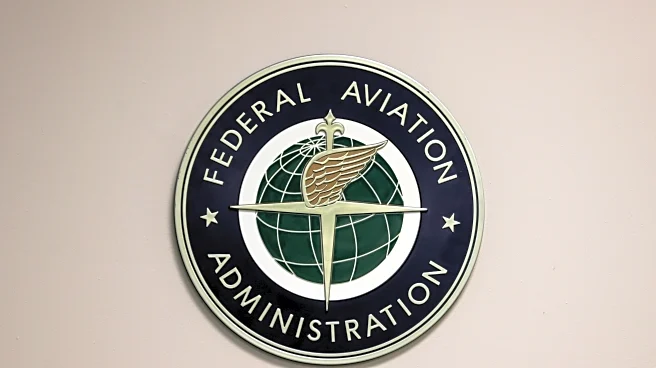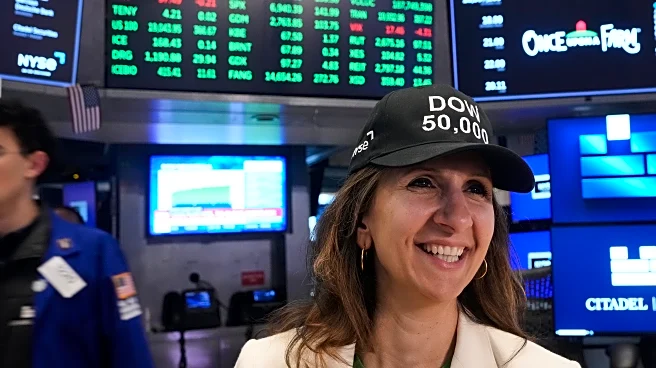What's Happening?
A recent survey conducted by Littler, known as the 2025 Labor Survey Report, has highlighted a significant lack of preparedness among employers in the face of rising union activity. The survey gathered responses from nearly 800 professionals and found that only 9% of organizations without unionized employees feel 'very prepared' to respond effectively to union organizing activities. Furthermore, 36% of these organizations reported feeling 'not prepared at all.' Among organizations with some unionized employees, only 18% feel 'very prepared' to handle aggressive collective bargaining tactics such as strikes, walkouts, or coordinated corporate campaigns. Despite the fact that one in four employers reported experiencing organizing activity in the past two years, a substantial 85% of employers without unionized employees believe that less than 30% of their employees would sign a union authorization card if a union organizing drive were held today.
Why It's Important?
The findings of the survey underscore a critical issue for U.S. industries, particularly in sectors like manufacturing, healthcare, and retail/hospitality, which are more frequently experiencing union organizing activities. The lack of preparedness among employers could lead to significant disruptions in operations and labor relations, potentially affecting productivity and profitability. As union activities increase, companies may face challenges in negotiating labor contracts and maintaining workforce stability. This situation could also influence public policy and labor laws, as increased union activity might prompt legislative changes to address labor rights and employer responsibilities. Organizations that fail to adequately prepare for union activities may find themselves at a disadvantage in the competitive market, as they struggle to manage labor relations effectively.
What's Next?
Employers may need to reassess their strategies and invest in training and resources to better prepare for potential union activities. This could involve enhancing communication with employees, understanding the factors driving union support, and developing contingency plans to address strikes or walkouts. Additionally, companies might consider engaging with labor relations experts to navigate the complexities of collective bargaining and union negotiations. As union activities continue to rise, there may be increased pressure on policymakers to review and potentially reform labor laws to balance the interests of employers and employees. The evolving landscape of labor relations could lead to new alliances between unions and political groups, influencing future legislative agendas.
Beyond the Headlines
The survey results may also reflect broader cultural and ethical shifts in the workplace, as employees increasingly seek greater representation and voice in their work environments. This trend could lead to a reevaluation of corporate governance and employee engagement practices, emphasizing transparency and inclusivity. The rise in union activities might also prompt discussions on the ethical implications of labor practices and the role of unions in advocating for workers' rights. Long-term, this could contribute to a shift in corporate culture, where employee welfare becomes a central focus in organizational decision-making.










